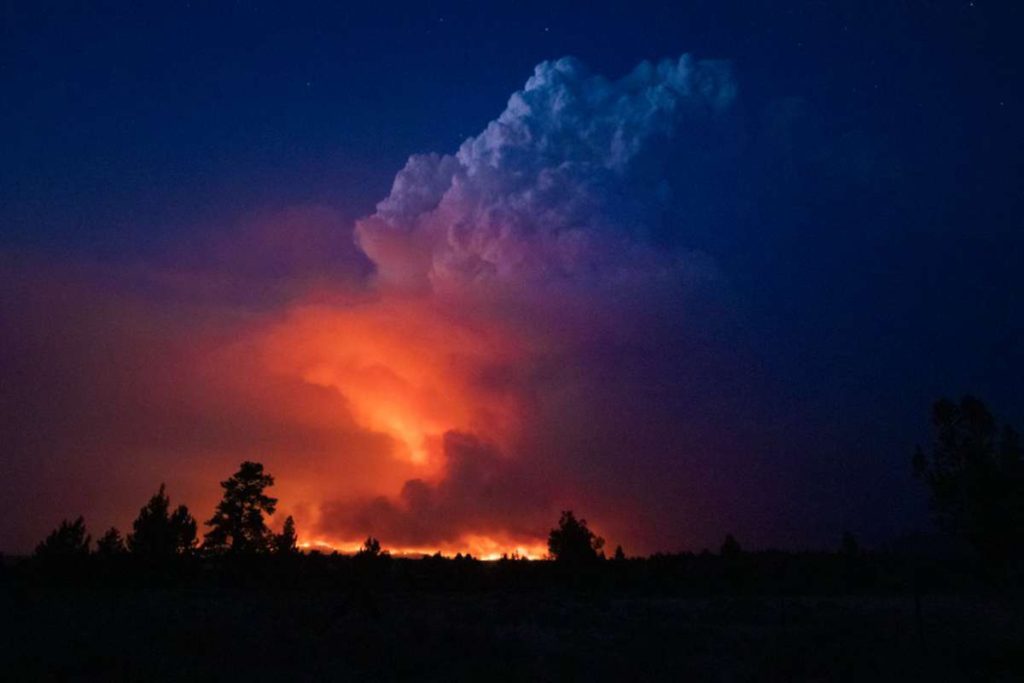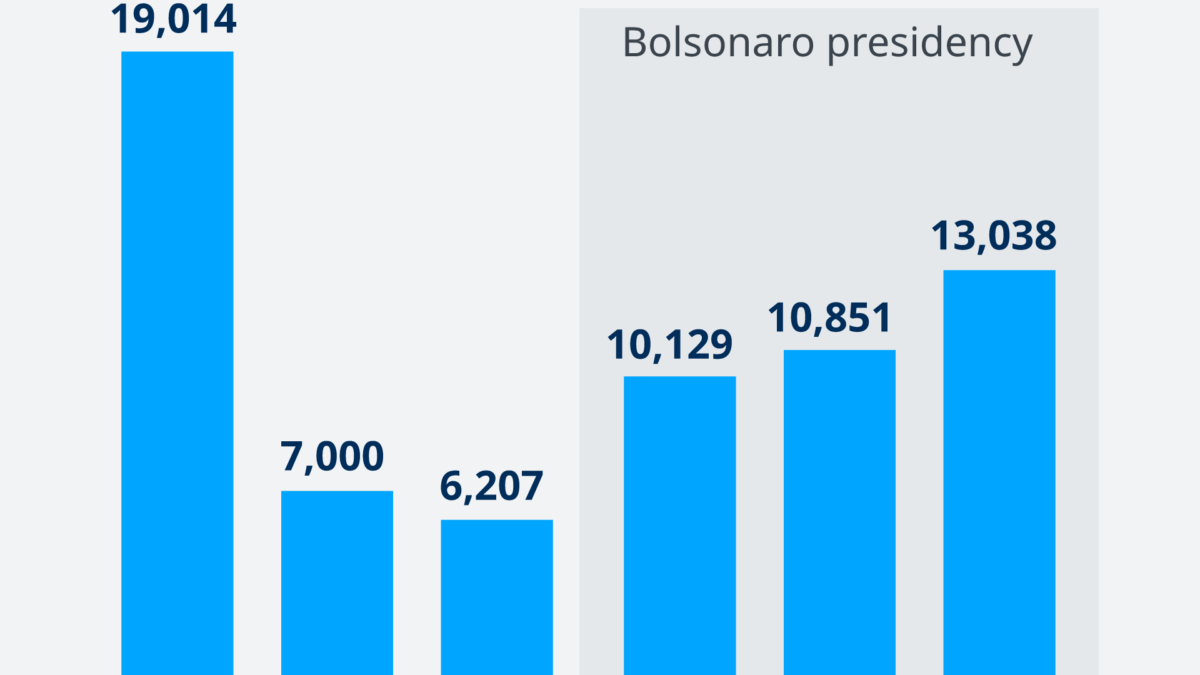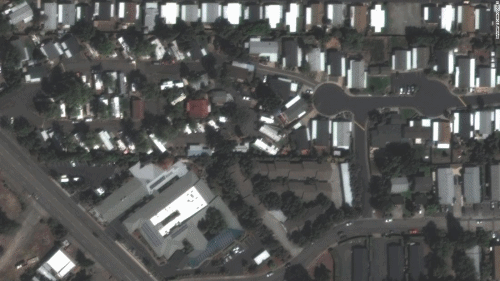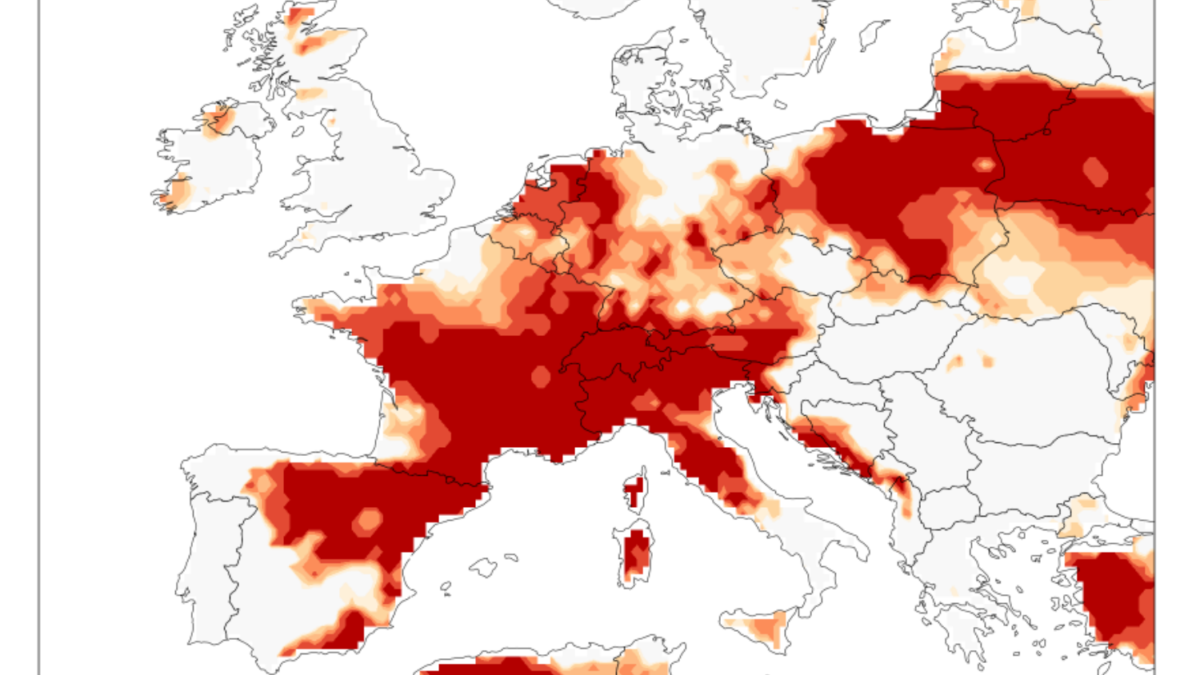Can America save itself? Between the pandemic and climate change, the outlook is grim.

By Joel Mathis
19 July 2021
(The Week) – Is the pandemic akin to climate change?
Back in March 2020, my colleague Ryan Cooper argued that it was, in an article that has haunted me ever since.
“This is what an uncontrolled, exponentially-accelerating crisis looks like on the ground: first slow, then all at once,” Cooper wrote of the COVID-19 crisis. “Past procrastination and dithering means that once the seriousness of what is happening is undeniable, the worst effects can only be mitigated, not avoided.”
He added: “Climate change is going to be exactly like this, only on a much longer time scale.”
Sixteen months later, the comparison seems more apt — and depressing — than ever. […]
Between COVID and the climate, you have to wonder if humankind is capable of saving itself. I am not convinced. We’re getting too much fresh evidence that people — enough of them, anyway — will go out of their way to avoid solving the very challenging problems that face us. The outlook is grim.
So how are we in this mess?
What climate skepticism and vaccine hesitancy have in common, to a great extent, is that they both deny reality — about the nature of an urgent problem in the former case, about the possibility of a solution in the latter. Both are also largely (but not exclusively) phenomena of the right. [more]


